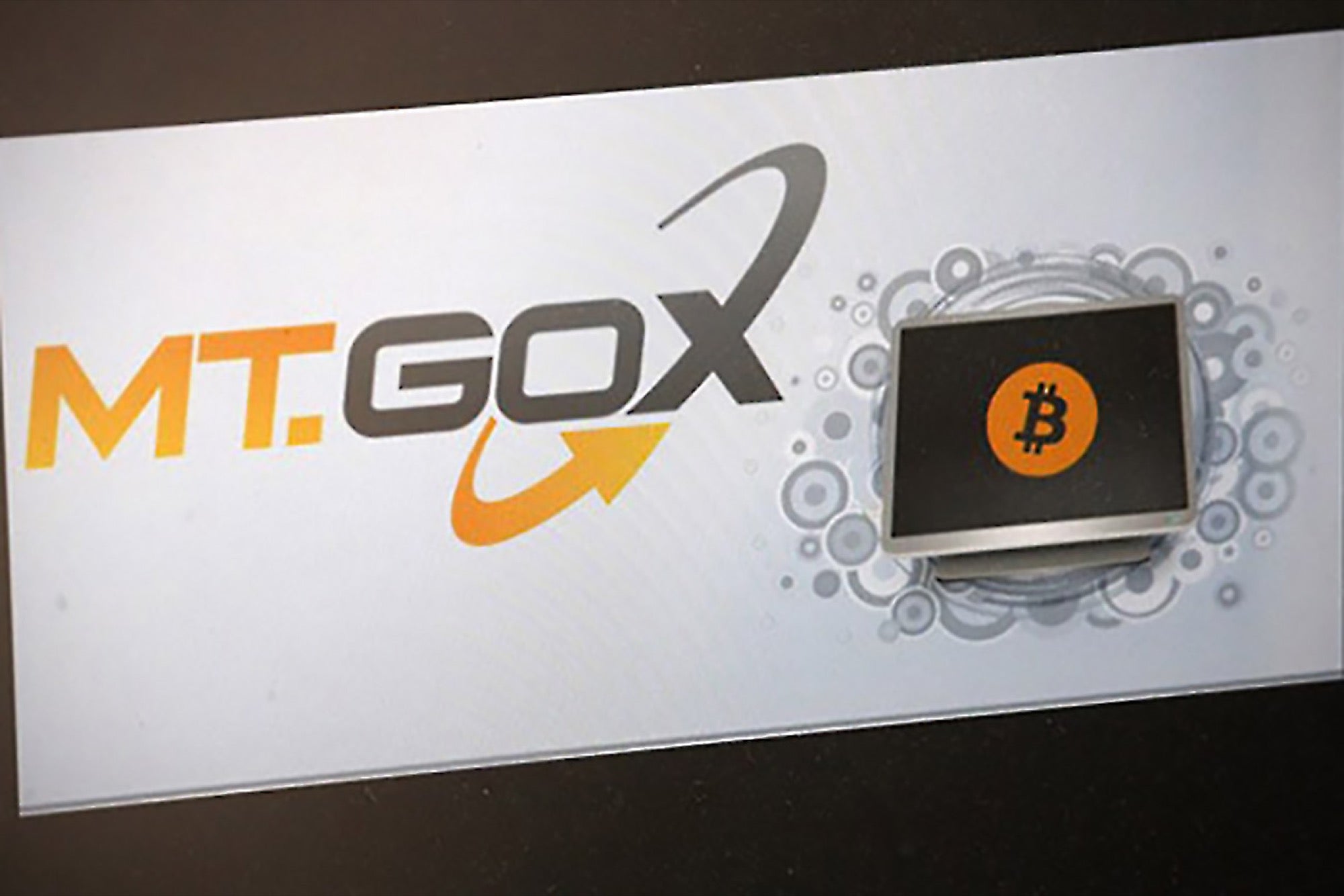Can Blockchain Reboot Democracy? Technological implementation like blockchain will inculcate sustainability, agility and a great sense of humanity across communities globally
Opinions expressed by Entrepreneur contributors are their own.
You're reading Entrepreneur India, an international franchise of Entrepreneur Media.

Democracy dates back to a time of hunters and gatherers who most often lived in groups of 50-100 individuals and were primarily held together by family bonds. Every decision that they took was based on majority without the existence of a 'chief.' So, if the majority said that it was time to shift the base in search of better plantations, the group did so. That simple, imagine!
The world today, however, is a broken place. Democracy gets hacked by a few people who rule the world with power and wealth. Communism is just a philosophy to be taught as a subject in universities with inequality and rigidity slashing their way through. Monopolies have clawed commerce with marketing manoeuvres costing big bucks. With skewed incomes and employment, environment and happiness index are not even in the picture that we're painting.
I wonder if the world still has scope to improve.
Related : How is Blockchain Technology Transforming India's FinTech Ambition?
Dawn of a New Era
Let's imagine a random day in our lives. We wake up and click a photo of the mesmerizing sunlight beaming through the window to put up on our social media in hope for validation. We order breakfast based on reviews of other people who've tried the food. We book a cab and take a sigh of relief when the driver has an excellent rating. We do the usual online shopping after comparing prices and reviews across platforms. And, after this long day, we depend on song recommendations by strangers to shrug off the stress.
Our lives are stitched together in this shared economy we have built for ourselves! However, there are still another 10,000 industries that are waiting to be disrupted by the fundamentals of a shared economy. Then what's stopping us?
Well, it was easy for the tribal group with a small population to trust and implement each person's decision as everyone could meet and see everyone else. But with up to 9 hours of the day spent on social media and some 7 hours of sleep, do we even have the time to trust and meet our neighbours?
The answer is 'no.'
The more complex things like property rights, wealth distribution, business objectives, interest rates, influencers, and debt are all driven by profit maximization. Consequently, people are nothing but economic slaves of the system that runs on wealth. We need to break these invisible chains of slavery and create a democratic world like the one we've built for our everyday needs. But, first, we need trust.
Related : Five Sectors That Can Use Blockchain To Improve Productivity
Rebooting Democracy
The good thing is that technology that can accomplish this has long been created. The sad part is that it hasn't been used to disrupt and democratise how societies function.
No surprise here, the technology we're talking about is blockchain. If we say that every industry must thrive on social benefit and not on profits, then that's what we will get. If we decide to vote for the right policies, they will be implemented. If we want a fair market for necessities, it will be delivered. That's the power that blockchain has.
As a simple example, something as universal as supply chains can be made democratic with blockchain. Let's say you have a company that produces garments. The supply chain manager finds out that the use of a particular raw material is causing environmental damage and proposes to drop it. Autonomous voting can decide what the majority wants.
Now, as responsible humans when the votes are in favour to remove the raw material, it will be implemented without any loopholes. Contracts based on blockchain (smart contracts) will ensure that non-compliant participants are penalised. An effortless approach like this can improve an acute problem like environmental degradation.
Such a technological implementation will inculcate sustainability, agility and a great sense of humanity across communities globally.
Related : Why Blockchain Is the Best Thing That Happened to International Trade
Next Stop
Implementation of any contract, like the one in our example, requires identifying individuals who are a part of the deal. Voting necessitates the need to identify individuals who are voting. Today, no matter where you are on the internet, it will ask you to verify that you're not a bot.
So, the next stop is something trivial to the existence of humans; identification. For the paradigm of democracy to transform the way we want it to, it's inherent that we trust and acknowledge individuals who are a part of our democracy.
In an internet space housing a cybersecurity problem worth $7 trillion, it's only right to doubt the accountability of blockchain. Digital identities are the sole solution that can drive the world to trust the trust-less world of blockchain.













